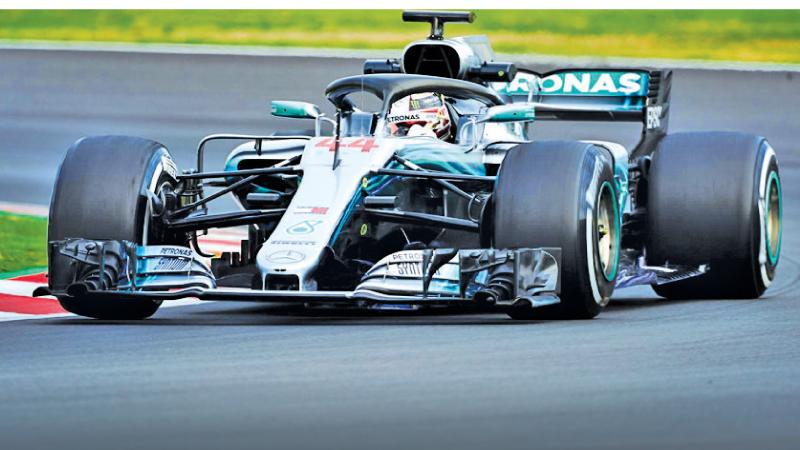
It’s still the off-season in Formula 1, but McLaren Racing CEO Zak Brown has already put a stake in the ground on certain issues that are likely to be talking points throughout 2022.
In an open letter, published on McLaren Racing’s website, Brown expanded on long-held grievances with rival teams’ attempts to bend financial regulations that were introduced in 2021.
Formula 1 is entering year two of its cost cap, now set at $140 million, albeit with several exemptions, with an extra $1 million per event if the calendar is longer than 21 races meaning it will likely push to $142 million in 2022.
 Brown, though, feels some teams are trying to manipulate the economic balance, using the new-for-2021 Sprint qualifying race format—which this year is being expanded from three to six events—as an excuse.
Brown, though, feels some teams are trying to manipulate the economic balance, using the new-for-2021 Sprint qualifying race format—which this year is being expanded from three to six events—as an excuse.
Brown explained that some teams are still trying to “win world championships with checkbooks” and that they are “continuing to demand a raise to the cost cap by an inordinate amount of money, despite the clear evidence that little damage was incurred during these (Sprint) races last year.”
Brown asserted that it is “a thinly veiled attempt to protect from their competitive advantage being eroded” and that “these teams seem unable to accept that a budget cap is in the best interests of the sport and cannot kick their habit of spending their way to the front.
“The current governance structure of the sport enables a situation where some teams, to protect their own competitive advantage, are effectively holding the sport hostage from what’s best for the fans and therefore the sport at large.”
The exact structure of Sprint, and associated financial implications, has yet to be outlined by Formula 1, two months out from the opening round of 2022.
Brown also reiterated a long-held view regarding the tight connections between several teams, which he believes allows some major brands undue authority both on- and off-track.
McLaren is supplied by Mercedes power units but retains influence on its own components and design, whereas fellow Mercedes customers Aston Martin and Williams use more components acquired from Mercedes, as is permitted under Formula 1’s regulations and known as non-listed parts. Ferrari has a similar relationship with Haas while AlphaTauri leans heavily on Red Bull Racing, as both teams are owned by the energy drink company.
Brown lamented that “the threat of A and B teams has not gone away” and that the current regulations are “heavily biased towards B teams which is not in line with F1’s principle of a group of genuine constructors competing with one another on even terms.”
“In a nutshell, the current situation allows B teams to be overcompetitive compared to constructors, and A teams to be overcompetitive by having the benefit of a B team. Without a correction, the way things stand mean that any team with championship aspirations needs to have a B team in place and that simply is not Formula 1. On top of this, the voting pressure placed by the A teams on their B teams is not consistent with the promotion of an equitable sport based on individual team merit.
“As I have said before—and these teams won’t admit to it—there are times when some smaller teams vote against their own interests to satisfy the agenda of their A team.”
Brown also weighed in on the controversy of Formula 1’s title-deciding 2021 Abu Dhabi Grand Prix, which is currently the subject of a review by governing body the FIA. While aware of the issues of the finale Brown reckons there are “systemic issues” that need addressing in the long-term.
“The signs of organizational difficulties could be seen at the 2020 Australian Grand Prix and at last year’s Belgian Grand Prix, both hallmarked by a seeming lack of preparation for the events unfolding and temporary inertia on the solutions,” said Brown.
“It is clear that some of the rules and their governance are not acceptable as things stand. No one is happy with the inconsistency in the policing of the regulations, but which has been habitually exploited by teams for competitive advantage.
“I have said before that the teams have too much power and it needs to be reduced. We have a significant role in the drafting of the regulations and governance of Formula 1 and that influence is not always driven by what is best overall for the sport. (Autoweek)
